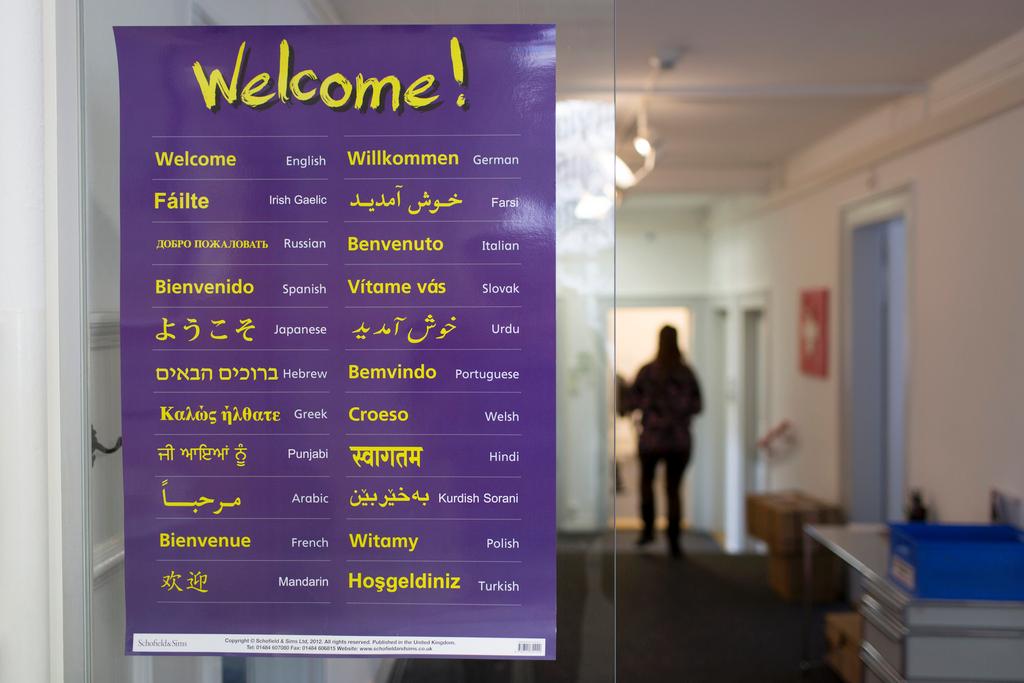Entry/Exit

Who needs a visa to come to Switzerland and how long can a tourist stay? If you’re from one of nearly 40 nations, you probably don’t need a visa at all.
Citizens from the United States, Canada, New Zealand, Australia, Israel, Singapore, Europe’s Schengen area, the European Union and the European Free Trade Association (EFTA) do not require visas to enter and stay in the country for 90 days.
Stays for longer are possible but you must apply for a visa or a permit. For requirements according to nationality see this documentExternal link.
Information for EU/EFTA nationals
Citizens from Europe’s Schengen area, the European Union and EFTA do not require visas to enter and stay in the country for 90 days.
Stays for longer than 90 days are possible without a visa but you must apply for a residence permit. Accords with the EU governing the free movement of people allow EU citizens to apply for residency while in Switzerland.
To enter the country, you need a valid identity document that is recognised by Switzerland, such as a passport or an official identity card from an EU/EFTA state.
Upon leaving the country after stays lasting longer than 90 days, foreigners are required to deregister with the local authorities and surrender their residence permits. There is no exit tax for leaving Switzerland.
In February 2014, Swiss voters narrowly approved a rightwing proposal to curb EU member immigration into Switzerland – a move that has called into question the country’s free movement accord with Brussels. In December 2016, parliament reached a consensus on a solution for legislation, but negotiations on immigration curbs and EU relations are still ongoing.
Brexit
The Swiss government says it will limit the number of Britons who can enter the country to live and work if Britain leaves the European Union without a deal on March 29. Britons will be treated like all other non-EU citizens.
Information for all others
Visa exemption agreements (called short-stay visa waivers) allow stays with no visa for up to three months within a six-month period without gainful employment if the passport holder comes from one of nearly 40 countries, including New Zealand, Australia, Singapore, the US and Israel.
All visitors from outside the Schengen area must also have passports that are less than ten years old and valid at least three months after their planned departure date.
Many citizens of other states need visas before entering the country, and Swiss authorities may want the applicant to have a sponsor to cover costs of up to CHF30,000 ($30,121). If sponsorship is needed, the Swiss foreign mission in charge in your country will provide the necessary forms and instructions. For a complete list of visa requirements and information on sponsorship procedures, visit the State Secretariat for MigrationExternal link.
Residence and work permits
Obtaining a permit to work in Switzerland depends on many factors, including where you are from, the skills you have and quotas. You can find more information here.
As of 2019, foreigners living in Switzerland have to meet certain criteria of good behaviour, for example respect for public security and order and constitutional values, before their residence permits are granted or renewed. Economic participation and language skills will also be considered.
Those who show no willingness to integrate may be obliged to sign an integration agreement listing the expectations that need to be met. Failure to comply with such an agreement could affect the renewal of the residence permit. For example, someone with a permanent residence permit (C permit) who doesn’t meet the integration criteria may be relegated to temporary resident status (B permit)external linkExternal link.

In compliance with the JTI standards
More: SWI swissinfo.ch certified by the Journalism Trust Initiative












You can find an overview of ongoing debates with our journalists here . Please join us!
If you want to start a conversation about a topic raised in this article or want to report factual errors, email us at english@swissinfo.ch.